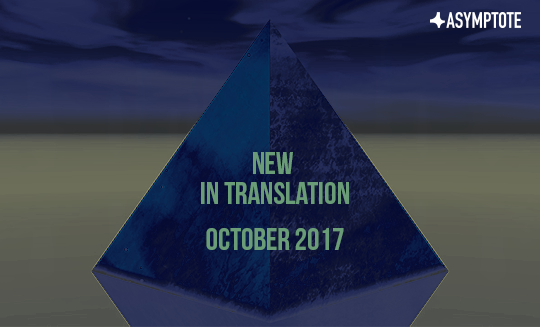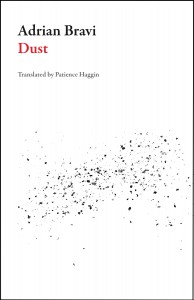It’s been our joy to serve you too. We love playing Fetch! in the name of world literature and can’t wait to see what 2019 brings.
This #GivingTuesday, throw us a bone!
Consider the following. This year alone:
- We’ve brought you new work from beloved writers like Mario Vargas Llosa, Dubravka Ugrešić, Ismail Kadare, Anita Raja, Lee Chang-dong, Robert Walser, Michèle Métail, and Jon Fosse.
- We’ve added five new languages (Amharic, Igbo, Mè’phàà, Montenegrin, and Q’anjob’al) to our archive, thereby crossing the 100-mark for total number of featured languages.
- We offered a platform for international microfiction and multilingual writing, allowing voices from the margins to be heard.
- Our Book Club, which will soon enter its second year, signed up 200 subscribers over the course of its first year; these monthly bulk orders have helped independent publishers directly.
- We continued to advocate for a more inclusive world literature via quarterly educational guides, monthly podcasts, fortnightly airmails, and this very blog, published to a daily schedule. Of our blog columns, we are especially proud of the weekly Around the World with Asymptote dispatches contributed by our editors on the ground in six continents, an offering unique to Asymptote that truly expands the literary conversation.






